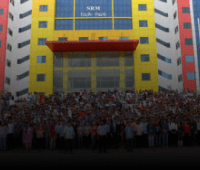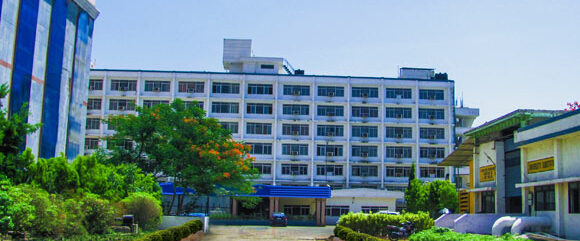Differential scanning calorimetry Lab
Differential scanning calorimetry (DSC) analysis is used to measure melting temperature, heat of fusion, latent heat of melting, reaction energy and temperature, glass transition temperature, crystalline phase transition temperature and energy, precipitation energy and temperature, denaturization temperatures, oxidation induction times, and specific heat or heat capacity.
Specifications:
Parameters
| Temperature range | |
| With Intracooler | -40°C to 600°C |
| With LN2 cooling system | -170°C to 600°C |
| Heating/cooling rates | 0.001 K/min to 500 K/min |
| Temperature accuracy | 0.1 K/min |
| Enthalpy precision | ± 0.1% for indium
± 0.05% to ± 0.2% for most samples |
| Specific heat determination | Optional |
| Temperature modulation | Optional |
| Indium Response Ratio | >100 mW/K |
| Resolution | 0.25 μW |
| Atmospheres | Dynamic, static, oxidizing, inert |
| Footprint | 35 cm (width) x 51 cm (depth) |
| Software | Proteus®, including Smart Mode, Expert Mode, Auto Calibration, Auto Cooling, Auto Evaluation, Identify, OIT, predefined methods, etc. The software runs under the operating systems, Windows® 7, Windows® 8.1. And Windows® 10 |
| Cost of the Equipment | 33,000 Euros |
| Supplier | NETZSCH, Germany |
No data was found
Thermal characteristics
Thermal characteristics which can typically be detected by using DSC,
- Melting temperatures and enthalpies (heats of fusion)
- Crystallization temperatures and enthalpies
- Glass transition temperatures
- Reaction temperatures and enthalpies
- Degree of curing
- Specific heat capacity
No data was found
No data was found
No data was found
No data was found
No data was found
No data was found
No data was found

















